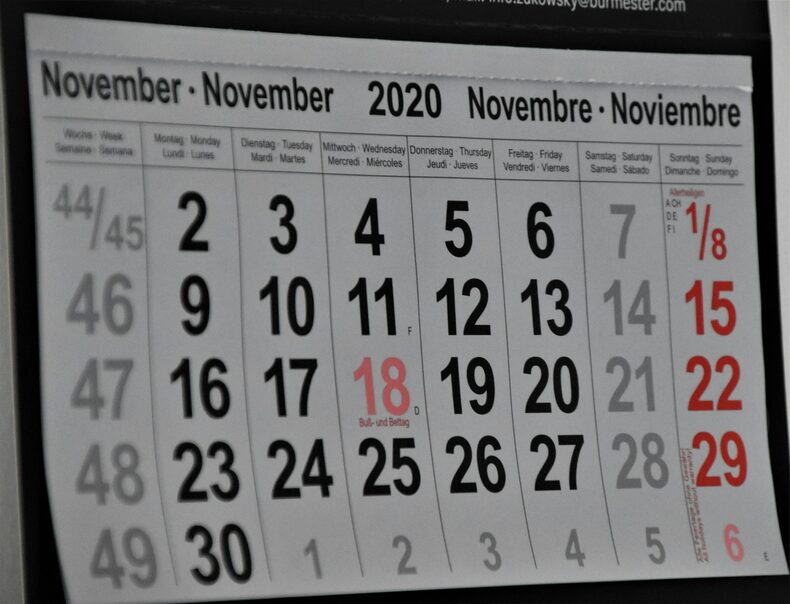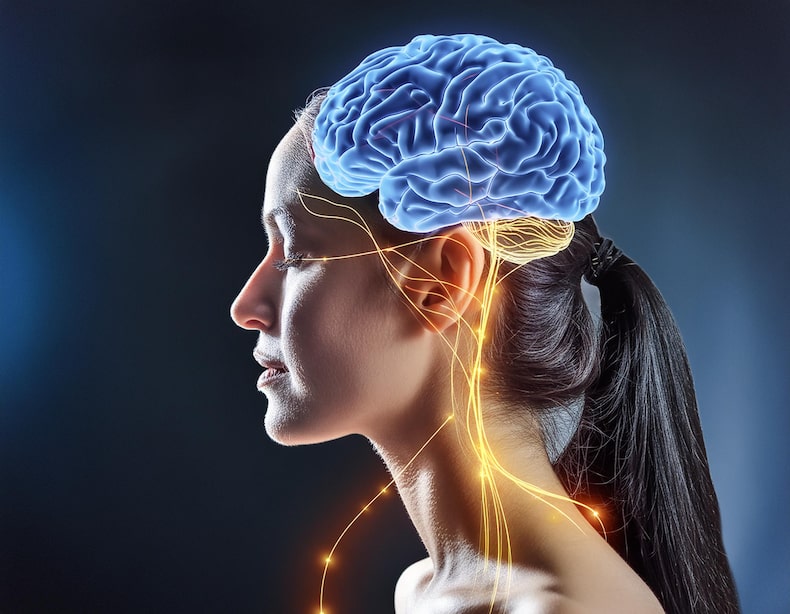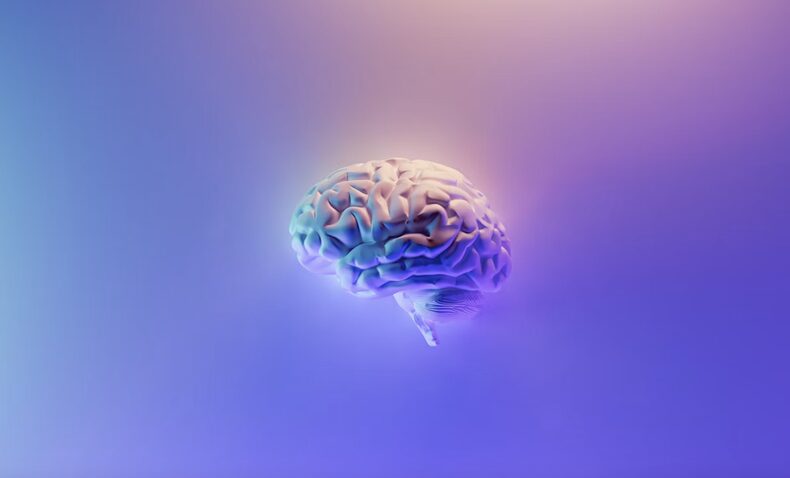Although it is believed that there is only one memory, the reality is that there are different systems for each learning. For this reason, two experts recommend a different technique that can help you memorize important details.
Have you ever known all the words to your favorite singer by heart, but can’t remember the name of someone you just met? or a family member’s birthday? If something similar happens to you, it doesn’t mean that you have a bad memory, but that You have to train her properly.
And that’s it, Although memory is thought to be one, the reality is that it is divided into different dimensions or “systems”, where partially different neural mechanisms act.
This was stated by Claudia Poch, PhD in Education and Cognitive Processes, and Jorge González, researcher at the Nebrija Research Center in Cognition, both from University of Nebrija from Spain.
In an article published in The conversation The two experts explained that Humans have “different types of memory for different types of knowledge” and there are certain exercises we can practice to strengthen them.
Especially, for those who want to remember details more easily, like a friend’s birthday —without having to log into Facebook to remember it—, of a phone number or any simple data.

How to Exercise Your Brain to Improve Memory
The brain works in amazing ways, and there are endless things that are generally unknown about it: for example, Learning a new language does not require the same kind of mechanism as learning, say, a field of natural science.
“Because learning different subjects and skills uses memory differently, it is difficult to generalize about what makes a memory strategy more or less effective in an educational setting.” Poch and González wrote together.
However, on this occasion, The specialists decided to focus on “the acquisition of declarative knowledge”, that is, knowledge that must be “explicit” in memory and which we can access consciously.
In other words, they are: data, dates, names, past events, concepts, etc.
So, to start training our memory which remembers all these elements, We should know that the ability to remember easily is often linked to genetics.
Furthermore, according to Poch and González, Although there are popular techniques such as mnemonics, for them “it seems more reasonable to try to improve memory by other means.” and this method doesn’t seem to work with more complex ideas.

In this line, The first step of the technique is “creating a memory trace” : First of all, The person must “encode” the information he receives and then must think “about what we do with the content we want to learn.”
“The in-depth elaboration of information, by linking it to prior knowledge, is the best way to facilitate its memorization” they assured.
That’s to say, If you want to know an aunt’s birthday, the best thing to do is tell your brain why you want to remember it. : “To buy him a gift,” for example. According to experts, this simple action could make memorization easier, since you give your brain an “intention” to achieve it.
“When we look at content with the intention of remembering it, it’s much more effective to connect it to things we already know rather than just mentally repeating that information.”
SO, In order to memorize data, experts assured that it is essential to create “rich knowledge networks in which to integrate and organize new knowledge.” and not just wanting to memorize it, hoping that the brain will do it on its own.

“In this way, it will be much easier to remember the year the first American president was elected if we integrate it and organize it around the knowledge we already have about the French Revolution.” thus generating what researchers call meaningful coding,” they illustrated in the article.
And for those times when you know you remember a fact, but it’s on the tip of your tongue and you still can’t remember it, Poch and González assured that the “recovery process” could also be exercised.
“Several times “We have stored information that we cannot access.”
Here the exercise is similar: When “storing” information, we must also take into account the keys we will use to access it later. Experts call this the “access pathway” or “recovery structure.”
That’s to say, When we want to memorize something, we need to create “keys” that will make us memorize the item.
“Repeated practice of these strategies is essential for memorization to occur more efficiently and more quickly.” academics said.

The importance of knowing how our memory works
Although the experts discussed how we are taught in basic and higher education to memorize concepts, they touched on a key point, namely that To successfully practice memorization techniques, we need to know how our own memory works.
“As a general rule, the more knowledge we have and the more we practice effective memorization strategies, the less it will cost us to acquire new knowledge.” wrote Poch and González.
And, although there are techniques such as mnemonics that can ensure that a person, after training his brain, can remember the infinite digits of the number pi, Experts recommend implementing more efficient techniques to memorize more complex data.
And that’s it “The actual use we can make of them (mnemonics) in everyday life is limited. At school, it is possible to use these methods to learn lists, such as planets or chemical elements, but it is very difficult to do so with more complex materials or knowledge.
Source: Latercera
I am Robert Harris and I specialize in news media. My experience has been focused on sports journalism, particularly within the Rugby sector. I have written for various news websites in the past and currently work as an author for Athletistic, covering all things related to Rugby news.


